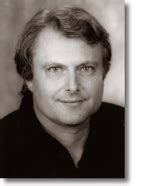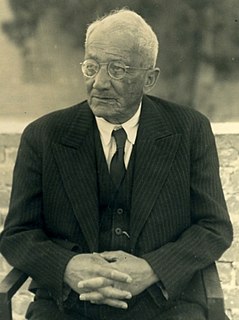A Quote by Claude Levi-Strauss
Natural man did not precede society, nor is he outside it.
Related Quotes
Anarchists know that a long period of education must precede any great fundamental change in society, hence they do not believe in vote begging, nor political campaigns, but rather in the development of self-thinking individuals. We look away from government for relief, because we know that force (legalized) invades the personal liberty of man, seizes upon the natural elements and intervenes between man and natural laws; from this exercise of force through governments flows nearly all the misery, poverty, crime and confusion existing in society.
Man cannot be exempted from his divinely-imposed obligations toward civil society, and the representatives of authority have the right to coerce him when he refuses without reason to do his duty. Society, on the other hand, cannot defraud man of his God-granted right... Nor can society systematically void these rights by making their use impossible.
The discreet man finds out the talents of those he converses with, and knows how to apply them to proper uses. Accordingly, if we look into particular communities and divisions of men, we may observe that it is the discreet man, not the witty, nor the learned, nor the brave, who guides the conversation, and gives measures to the society.
No sovereign, no court, no personal loyalty, no aristocracy, no church, no clergy, no army, no diplomatic service, no country gentlemen, no palaces, no castles, nor manors, nor old country-houses, nor parsonages, nor thatched cottages nor ivied ruins no cathedrals, nor abbeys, nor little Norman churches no great Universities nor public schools -- no Oxford, nor Eton, nor Harrow no literature, no novels, no museums, no pictures, no political society, no sporting class -- no Epsom nor Ascot Some such list as that might be drawn up of the absent things in American life.
The natural aristocracy I consider as the most precious gift of nature for the instruction, the trusts, and government of society. And indeed it would have been inconsistent in creation to have formed man for the social state, and not to have provided virtue and wisdom enough to manage the concerns of the society. May we not even say that that form of government is the best which provides the most - for a pure selection of these natural aristoi into the offices of government?
The great Christian art did not die because all possible forms had been used up; it died because faith was being transformed into piety. Now, the same conquest of the outside world that brought in our modern individualism, so different from that of the Renaissance, is by way of relativizing the individual. It is plain to see that man's faculty of transformation, which began by a remaking of the natural world, has ended by calling man himself into question.



































